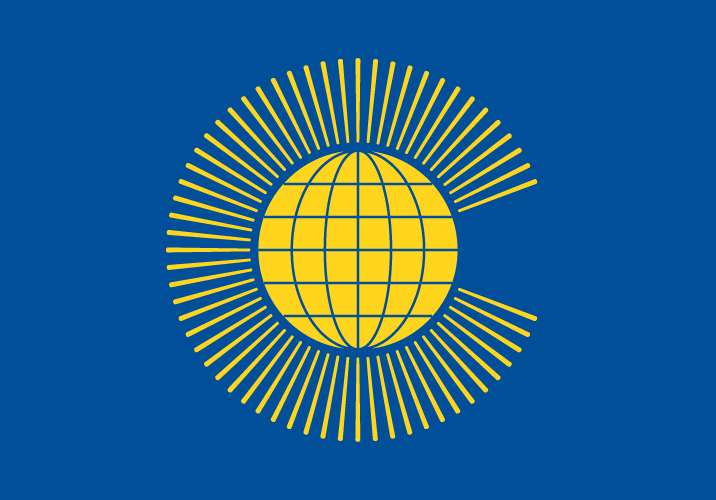
Feb 12, 2013
 In an open letter to the Commonwealth Secretary General Kamalesh Sharma, the ICJ is asking to change the venue of the Commonwealth Heads of Government Meeting in November 2013.
In an open letter to the Commonwealth Secretary General Kamalesh Sharma, the ICJ is asking to change the venue of the Commonwealth Heads of Government Meeting in November 2013.
Dear Commonwealth Secretary General Kamalesh Sharma,
We, the International Commission of Jurists, enclose an open letter addressed to President Mahinda Rajapakse of Sri Lanka, signed by fifty-six eminent jurists from around the world, condemning the unlawful removal of Chief Justice Bandaranayake and expressing grave concern for the decline of rule of law and independence of the judiciary in Sri Lanka.
We urge you to follow through on your earlier statements and consider changing the venue of the 2013 Commonwealth Heads of Government Meeting as part of the commitment to advance and strengthen adherence to the Commonwealth’s oft-stated values and Principles pertaining to the rule of law.
Removing the Chief Justice through a process declared unconstitutional by the apex court and in contravention of international standards on the independence of the judiciary goes directly against the core principles enunciated in the Singapore Declaration 1971, the Harare Declaration 1991 and the Latimer House Principles on the Three Branches of Government 2003; it flies in the face of the Commonwealth values of promoting and protecting democracy, the rule of law and the independence of the judiciary.
We recall your statement that ‘The Commonwealth’s Latimer House Principle, which govern the relationship between the three branches of government, are the cornerstone of our association’s values.’
The unlawful impeachment process marks a serious acceleration of the general and serious decline in respect for human rights and the rule of law in Sri Lanka, as documented recently in our report Authority without Accountability.
These developments are all the more alarming given the ongoing failure of the Sri Lankan government to respond to domestic and international demands for accountability for serious human rights violations in the country.
In the present climate, allowing Sri Lanka to host the Commonwealth Heads of Government meeting in November 2013 would raise serious questions about the Commonwealth’s commitment to democracy, the independence of the judiciary and the rule of law.
Please do not hesitate to contact us if you have any queries or comments. We thank you in advance for your sensitivity to this important matter.
Sincerely
Wilder Tayler
Secretary-General
The International Commission of Jurists
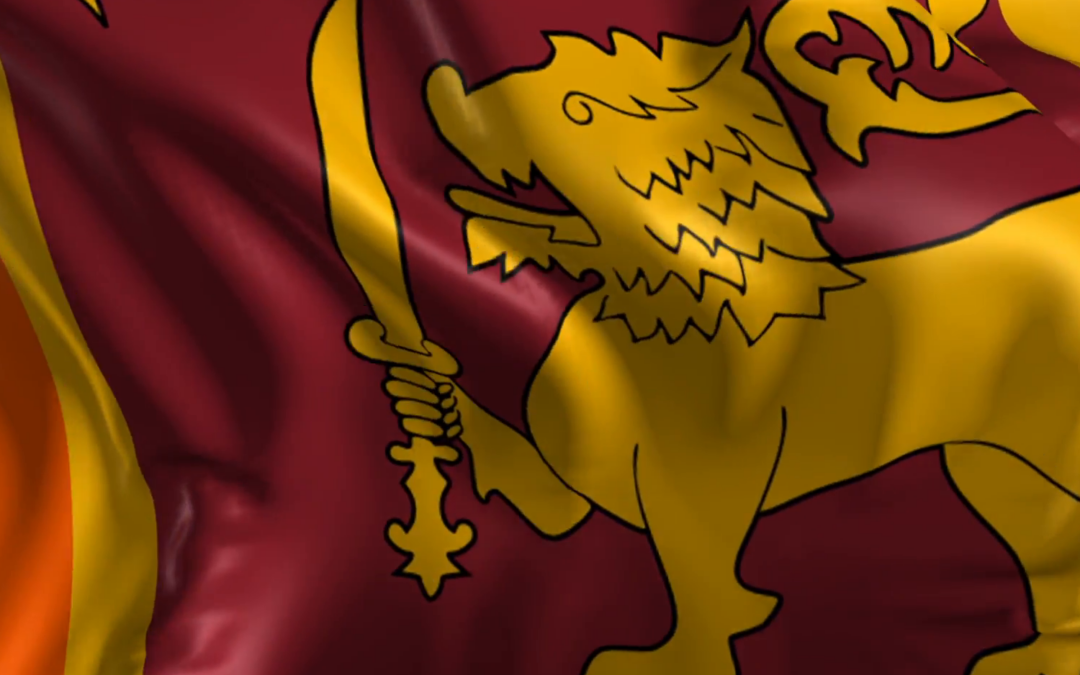
Jan 23, 2013
Today, senior judges and eminent jurists from around the world joined together, calling on the Government of Sri Lanka to reinstate the legal Chief Justice Dr Shirani Bandaranayake.
An open letter issued by the Centre for the Independence of Judges and Lawyers of the International Commission of Jurists (ICJ) was sent to the Honorable Speaker of Parliament Chamal Rajapakse and H.E. President Mahinda Rajapakse, condemning the removal of Chief Justice Dr Shirani Bandaranayake as unconstitutional and in contravention of international standards on judicial independence.
The letter emphasized that an independent and impartial judiciary is essential for the protection of human rights, the rule of law, good governance and democracy.
It says: “The irremovability of judges is a main pillar of judicial independence. Judges may be removed only in the most exceptional cases involving serious misconduct or incapacity. And in such exceptional circumstances, any removal process must comport with international standards of due process and fair trial, including the right to an independent review of the decision.”
The impeachment process, and subsequent removal of the legal Chief Justice disregarded international standards of judicial independence and minimum guarantees of due process and fair trial.
“The Rajapakse Government has brought Sri Lanka on the path toward authoritarian rule, dismantling the system of checks and balances and eviscerating judicial independence,” said Wilder Tayler, ICJ Secretary General.
The Government’s conduct is a flagrant violation of the core values of the Commonwealth of Nations, notably the Latimer House Principles on the Three Branches of Government 2003.
The Latimer House Principles require the State to uphold the rule of law by protecting judicial independence and maintaining mutual respect and cooperation between Parliament and the Judiciary.
The Commonwealth Magistrates’ and Judges’ Association endorsed the letter.
In recent days, lawyers and advocates, opposing the impeachment have allegedly been sent threatening letters from a group identified as the Patriotic Taskforce.
The group has targeted the lawyers as traitors. Civil society groups have also been targeted in smear campaigns in the media. The Chief Justice has voiced concern for her and her family’s safety, calling on the international media to “…look after the three of us.”
“Sri Lanka must act immediately to guarantee the security of persons who have been the subject of threats or intimidation and must initiate prompt, thorough and impartial investigations into such allegations,” Tayler added.
The ICJ’s Centre for the Independence of Judges and Lawyers and the undersigned jurists urge H.E. President Mahinda Rajapakse and Speaker of Parliament Chamal Rajapakse to act immediately to restore the independence of the judiciary by reinstating the legal Chief justice Dr. Shirani Bandaranayake.
CONTACT:
Sam Zarifi, ICJ Asia-Pacific Regional Director, (Bangkok), t: +66(0) 807819002; sam.zarifi(at)icj.org
Sheila Varadan, ICJ Legal Advisor, South Asia Programme, (Bangkok), t: +66 857200723; sheila.varadan(at)icj.org
Sri Lanka-ICJ Open letter impeachment Chief Justice-openletters-2012 (full text in pdf)
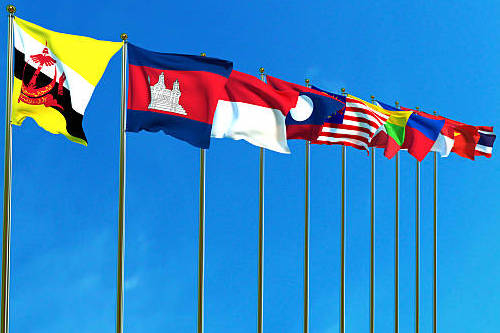
Nov 15, 2012
 Today, 63 grassroots, national, regional, and international civil society groups are calling upon ASEAN Member States to postpone the adoption of the ASEAN Human Rights Declaration, which is not worthy of its name.
Today, 63 grassroots, national, regional, and international civil society groups are calling upon ASEAN Member States to postpone the adoption of the ASEAN Human Rights Declaration, which is not worthy of its name.
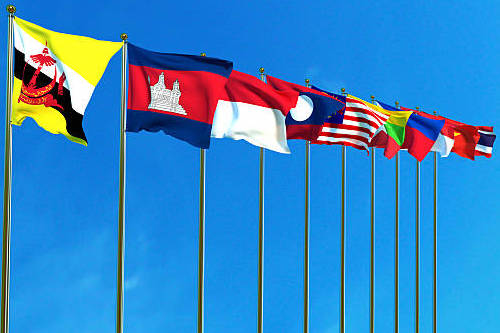
Nov 5, 2012
 In a letter sent today to ASEAN Heads of State, the ICJ and other leading international human rights organizations called for the postponement of the adoption of the ASEAN Human Rights Declaration.
In a letter sent today to ASEAN Heads of State, the ICJ and other leading international human rights organizations called for the postponement of the adoption of the ASEAN Human Rights Declaration.
The groups are pointing out that in its current form, the Declaration falls short of existing international human rights standards and risks creating a sub-standard level of human rights protection in the region.
Of particular concern are the General Principles in the Declaration. Under General Principles 6,7, and 8 of the current draft, enjoyment of rights is to be “balanced with the performance of duties”, subjected to “national and regional contexts” and to considerations of “different cultural, religious and historical backgrounds.” Also, all the rights in the Declaration may be restricted on a wide array of grounds including “national security” and “public morality”.
“The idea that all human rights are to be ‘balanced’ against individual responsibilities contradicts the very idea of human rights agreed upon in the 1948 Universal Declaration of Human Rights, which was affirmed by all States, including ASEAN Member States, in 1993 in the Vienna Declaration and Programme of Action,” said Wilder Tayler, Secretary General of the International Commission of Jurists. “Balancing human rights with responsibilities turns on its head the entire raison d’être of human rights,” he further emphasized.
Furthermore, international law prohibits governments from derogating under any circumstances from a broad set of rights. Other rights can only be subject to specific, narrow, and clearly defined restrictions in certain circumstances. Finally, international law imposes on all ASEAN Member States the duty, regardless of their political, economic and cultural systems, to respect and protect all human rights and fundamental freedoms.
“It is clear that in its current form the Declaration purports to make a significant and worrying departure from existing international human rights law and standards, including those found in other regional human rights instruments, in Europe, the Americas, and Africa,” said Souhayr Belhassen, President of the International Federation for Human Rights.
“Unless significant changes are made to the text, ASEAN will be adopting in 2012 a Human Rights Declaration that grants ASEAN Member States additional powers to violate human rights instead of providing the region’s people with additional safeguards against such violations”, said Michael Bochenek, Director of Amnesty International’s Law and Policy Programme.
The organizations strongly urged in their letter that ASEAN leaders should return the draft text to the ASEAN Intergovernmental Commission on Human Rights and send clear instructions to redraft it, in a transparent, deliberate and inclusive process, in full consultation with all stakeholders, so that it does not fall below internationally recognized human rights law and standards.
Contact:
Emerlynne Gil, International Legal Advisor, International Commission of Jurists, Bangkok Office; m: +66 840923575, email: emerlynne.gil@icj.org
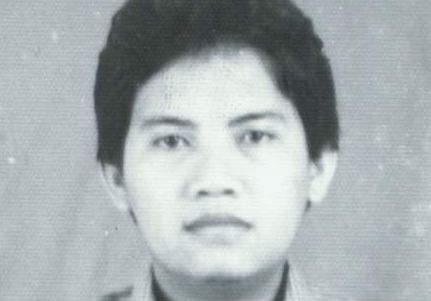
Aug 29, 2012
 ICJ and other human rights groups have written to the Indonesian President to resolve the enforced disappearance of 13 political activists in 1997-98.
ICJ and other human rights groups have written to the Indonesian President to resolve the enforced disappearance of 13 political activists in 1997-98.

 In an open letter to the Commonwealth Secretary General Kamalesh Sharma, the ICJ is asking to change the venue of the Commonwealth Heads of Government Meeting in November 2013.
In an open letter to the Commonwealth Secretary General Kamalesh Sharma, the ICJ is asking to change the venue of the Commonwealth Heads of Government Meeting in November 2013.










